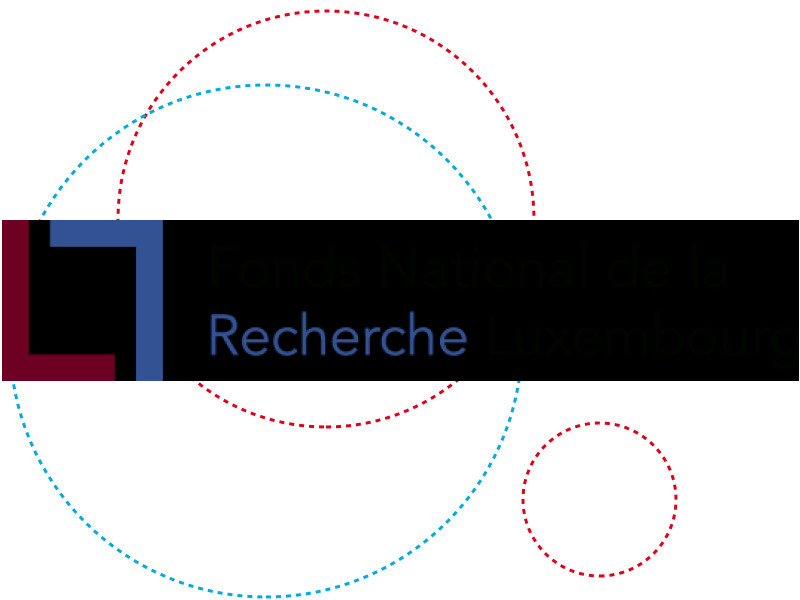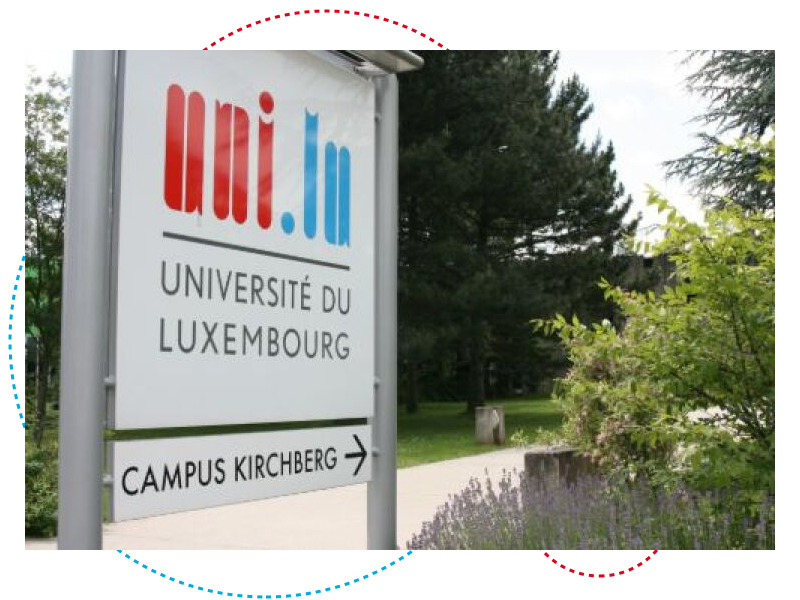
Supported by the Luxembourg National Research Fund (FNR) 17539924
Abstract
The motivations for developing recycling activities are generally twofold. First, recycling allows relaxing the availability constraint on non-renewable resources. Second, it tends to reduce the production of waste, which generates local environmental degradations and whose management is costly for society. However, the recycling capacity and its efficiency are subject to technical constraints that affect the relative competitiveness of recycled materials. Some of these limitations can be mitigated through specific R&D investments. In this paper, we address this question by developing a dynamic model of resources use with a dedicated endogenous R&D process “à la Romer” improving recycling efficiency. We study the social planner solution and the decentralized equilibrium outcome. We then proceed to a normative analysis of the set of policies the regulator can implement in order to incentivise the deployment of recycling systems i) directly through waste management policies (waste tax) or promoting policies for a circular economy (recycling subsidies) for instance and ii) indirectly through R&D policies.
About Gilles Lafforgue
Register HERE for the seminar – as of April 5, 2023
